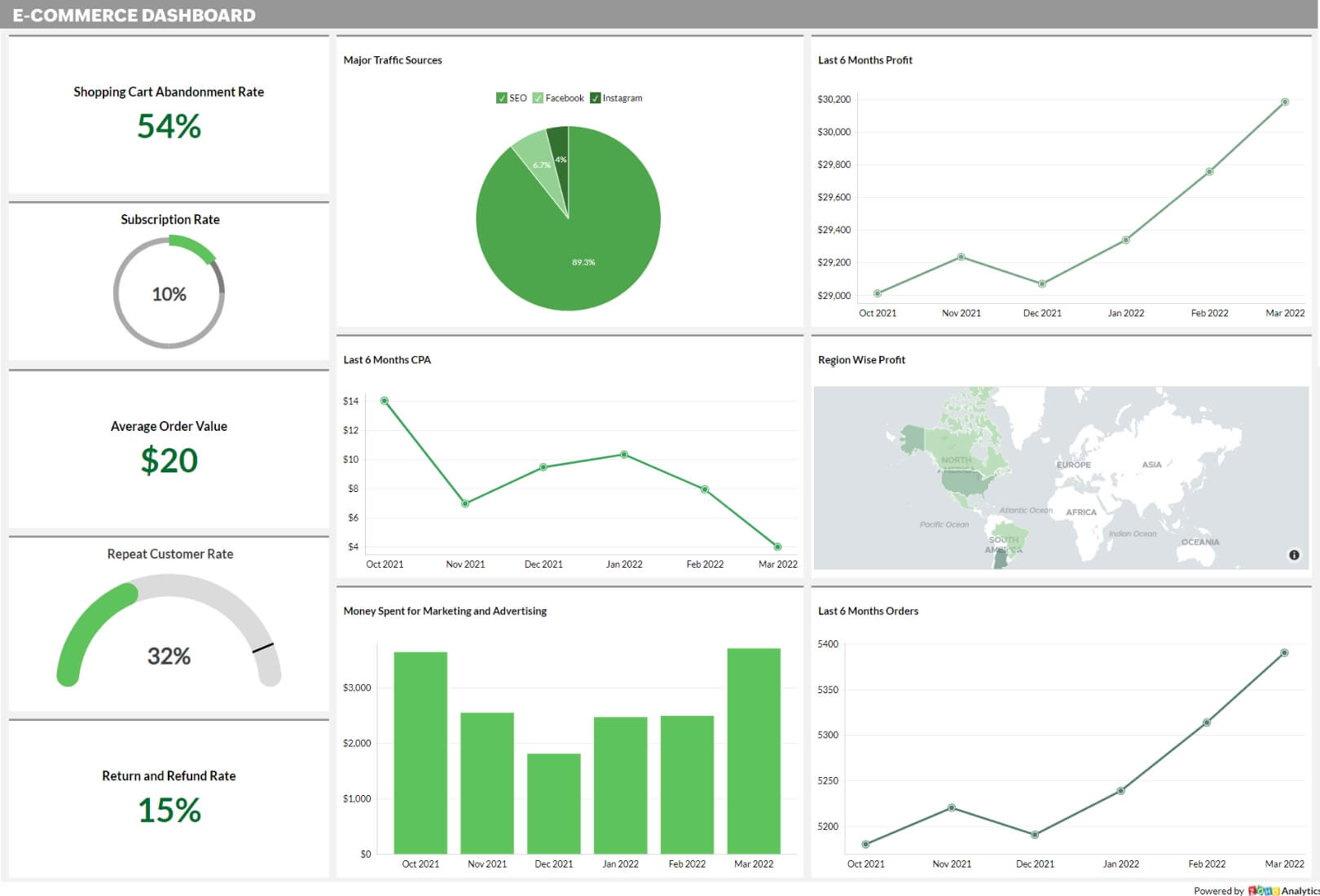The modern e-commerce landscape has fundamentally transformed into a data-driven battlefield where businesses that can translate analytics into actionable strategies gain decisive competitive advantages. With global e-commerce sales […]
Popular Posts
Trending Posts
Recent Posts
Editors Choice
Common E-Commerce Tracking Mistakes
E-commerce tracking forms the foundation of data-driven decision-making for online retailers. Yet despite its critical importance, most businesses struggle with implementation errors that lead to inaccurate insights, misallocated […]
How Analytics Tools Improve Conversion Rate Optimization in E-Commerce
Analytics tools serve as the foundation of modern conversion rate optimization, transforming raw user data into actionable insights that drive measurable revenue increases. For e-commerce businesses, these tools […]
E-Commerce Analytics for Marketing Attribution: Tools That Actually Work
The challenge facing modern e-commerce businesses isn’t whether attribution matters—it’s that traditional approaches no longer work. Customers interact across multiple channels before converting: they see a Facebook ad, […]
Real-Time E-Commerce Analytics: Why It Matters and Which Tools Do It Best
Real-time e-commerce analytics reduces the delay between what happens in your store and how you respond, which directly improves conversion rates, customer experience, and profitability. The best tools […]
How to Track the Full Customer Journey in E-Commerce Using Analytics Tools
Understanding the complete customer journey is essential for e-commerce success. By tracking every interaction from initial awareness to post-purchase engagement, businesses can identify optimization opportunities, reduce friction points, […]
Top Metrics Every E-Commerce Store Should Track
E-commerce success relies on data-driven decision-making. Understanding the right metrics to track and leveraging analytics tools to monitor them provides the foundation for sustainable growth and improved profitability. […]
GA4 vs Dedicated E-Commerce Analytics Tools: Which One Should You Use?
In the world of e-commerce, tracking and analyzing user behavior, conversions, and overall site performance is essential for success. As businesses continue to grow, having the right analytics […]
How to Choose the Right Analytics Tool for Your E-Commerce Business
Selecting an analytics tool is one of the most critical decisions for e-commerce success. The right platform provides actionable insights that drive conversions, optimize marketing spend, and improve […]





